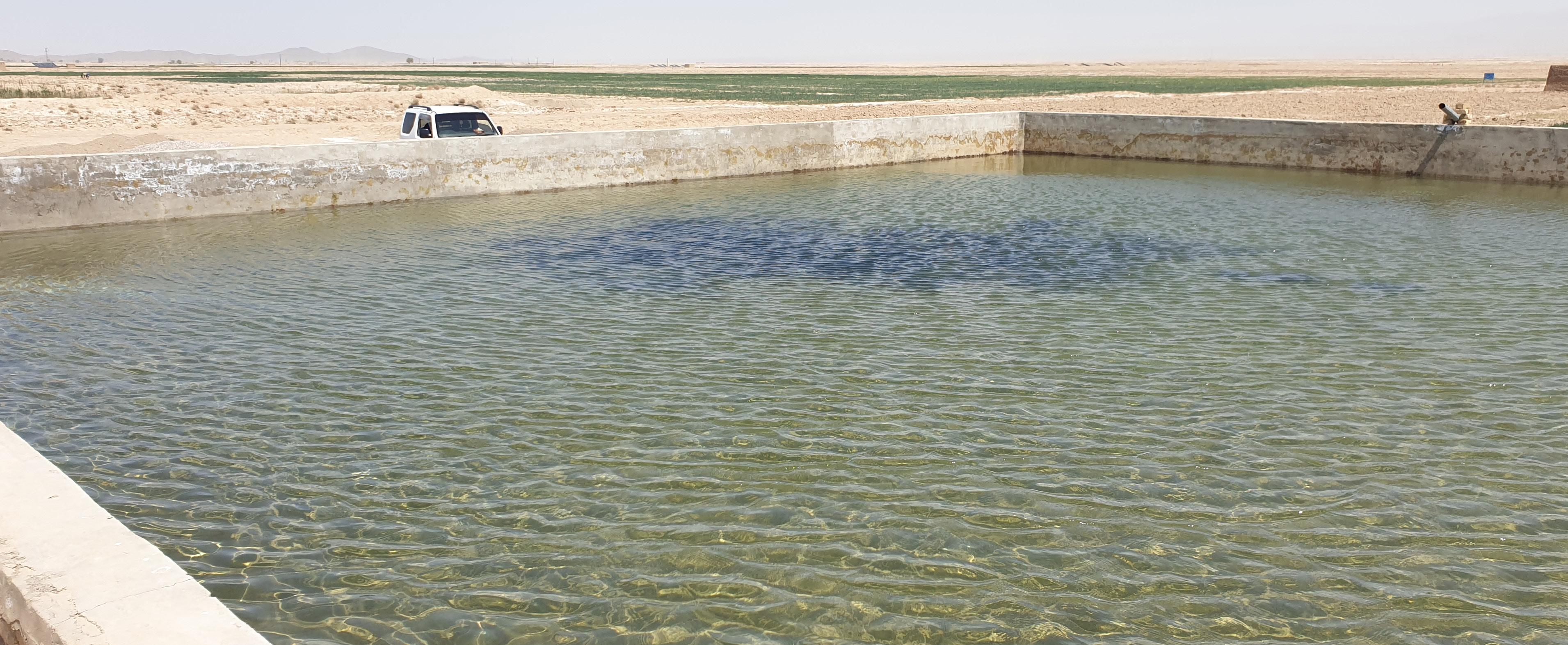
1 minute read
Water Scarcity Cont’d
“Our girls get tired of fetching water. Our women and girls’ shoulders are in pain from carrying water.”
“Women fetch water all day and our kids run after us. If we go to a tubewell to fetch water and there’s no electricity, then it’s too dark and we have to come back empty-handed.”
“Even the areas that still have water take a long time to access. We travel by foot to access water — about one and half hours — but we usually bring a heavy wheelbarrow because it can become challenging to carry large quantities of water for this lengthy amount of time.”
Likewise, in AJK water scarcity is a critical issue. After the 2005 earthquake, water sources were disturbed all over AJK, with some communities being cut off from water entirely as their natural springs were decimated. To make matters worse, the water table has been gradually receding across the territory. For this reason, many Kashmiris have made the difficult decision to migrate. For example, in the high mountains, livestock is the primary source of income but with limited water, many are forced to move south for better opportunities.
However, as mentioned above, the water situation in cities is also precarious as increasing urbanization has led to water shortages and contamination.
“I am a grandmother and guardian of my grandchild while also helping to take care of my husband who is in his 70s. When I was a child, the weather was much colder in the month of March, but it is no longer the case. It is not like this anymore, I think, because of deforestation and urbanization. This is also the reason for water scarcity as well - before there were many springs to fetch water from but now there is a pipeline. As a result, the river is drying up more and more day by day and our lives are becoming more difficult.”
“I’m a widow. I have a few chickens and goats but I sold all my livestock because I couldn’t manage food or water for them –especially with disappearing greenspace and water as more people come to the city.”
As such, it is increasingly difficult for women and girls to fetch water for their households in AJK, as is the case in Balochistan. In Cheeran Village, we heard the following:
“Before the Islamic Relief water pipeline, our women and girls used to walk three to four hours to fetch water! But now the water pipeline is only 15 minutes away thank God.”










